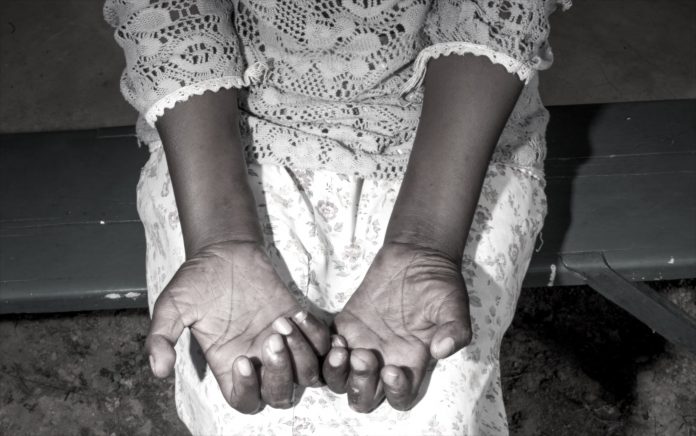Leprosy is an ancient disease that still baffles the world. According to the recent World Health Organization report, leprosy is a curable disease. WHO further declared that treatment in the early stages of leprosy can prevent disability. Apart from the physical deformity, persons affected by leprosy also face stigmatization and discrimination.
Yes, we might have survived many deadly ailments like COVID-19, yet we are still plagued with so many social ills that are equally lethal and harmful not only to society but to the rest of creation. I’m speaking of the current economic, political, and cultural systems that continue to oppress the poor and destroy the environment.
These systems are like infectious bacteria that disrupt harmony and render useless the justness of creation. And to make it worse, those in authority don’t see present social systems as oppressive. Implicitly, we are being made to accept that they are simply the way things are.
Three days from now, on Ash Wednesday, Christians will enter the season of Lent. And I guess it fits well to talk about sickness and the need for wholeness to celebrate meaningfully the season of PRAYER, FASTING, and WORKS OF CHARITY. The season of Lent invites us to recognize our sickness and the feeling of ostracization as a person living with leprosy.
Jesus’ empathy and solidarity overturned the unscientific, selfish, misplaced attitude and action towards sickness and sin. “Jesus touched the man afflicted with leprosy.” This is an act that is totally abhorrent to the purity culture of the Jewish people.
Jesus took a radical step and was defiant of the social order. The leper did not expect it coming, as he said, “If you wish, you can make me clean.” Jesus could have healed him at a distance, without touching him. But he chose to do what is beyond (and against) his culture by being non-discriminating and unconditional as God’s love is unconditional.
To be sick, such as being afflicted with leprosy, is not always associated with being sinful. Similarly, the ills of our society such as hunger and poverty are not always due to the sins of the hungry and poor. Unjust systems, wars, and famine largely cause poverty, thus poor people are victims and not the culprit.
Finally, at the heart of the gospel today, we witness healing and restoration. The person with leprosy was restored and reconciled to the community. The leper was liberated from isolation or separation. God’s salvation restores, reconciles, and liberates.
We are called to be agents of restoration, reconciliation, and liberation. And as Paul has expressed in his letter to the Corinthians, “… everything we do be for the glory and praise of our loving, just and righteous God” (I Corinthians 10:31b). Amen.
Gospel reflection of Geraldino B. Loyola Jr. Redemptorist Lay Missionary for the 6th Sunday in Ordinary Time, Lv 131-2, 44-46, Ps 321-2, 5, 11, 1 Cor 10:31–11:1, Mk 1:40-45
Balik-Tanaw is a group blog of the Promotion of Church People’s Response (PCPR). The Lectionary Gospel reflection is an invitation for meditation, contemplation, and action.









